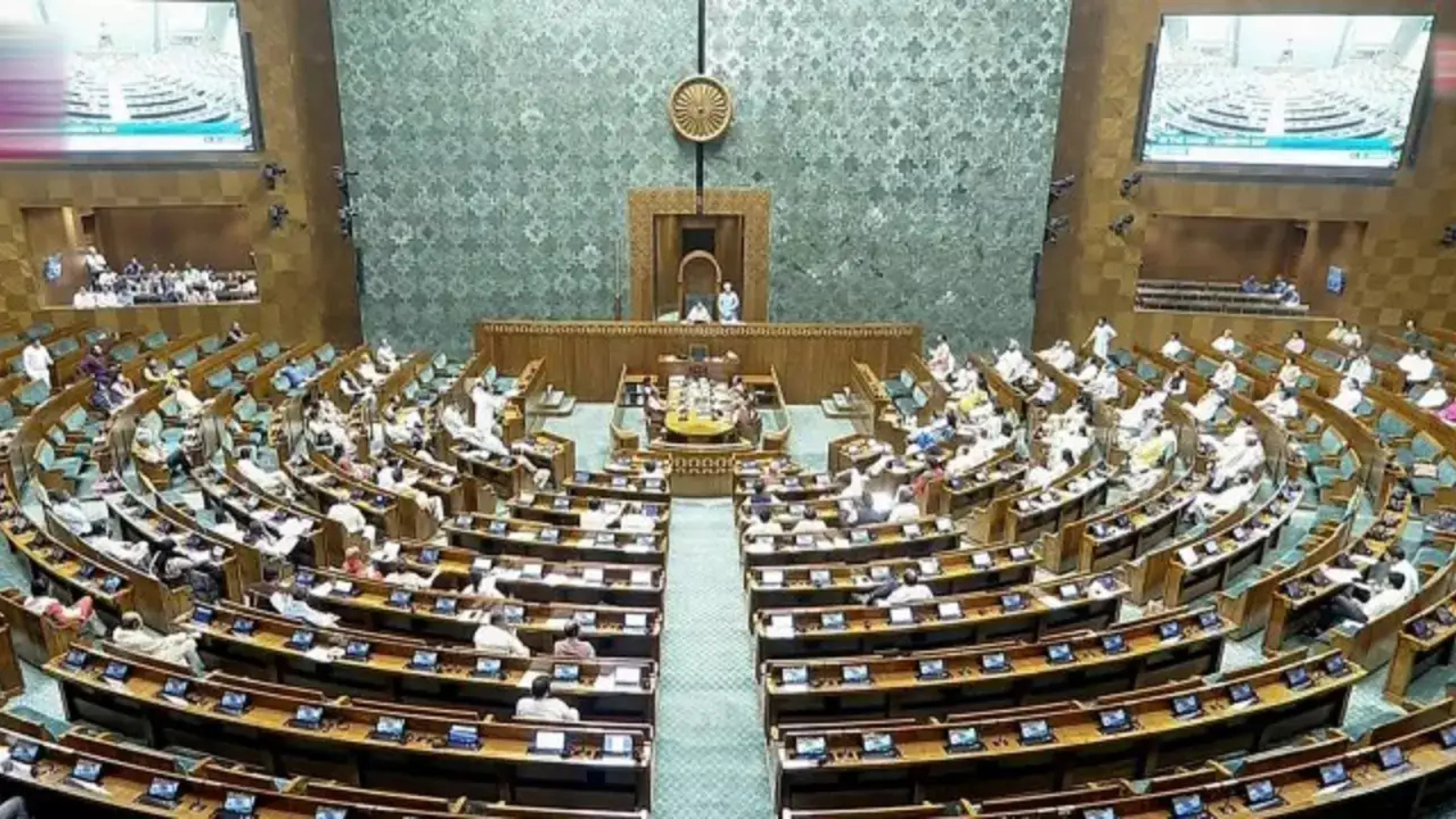What is the Waqf (Amendment) Bill? Everything You Need to Know About the Debate and Controversy

The Waqf (Amendment) Bill is at the center of a heated debate in the Lok Sabha today, with the government pushing for its passage while opposition parties and various Muslim organizations strongly oppose it. The proposed legislation, which seeks to amend the existing Waqf Act of 1995, has sparked controversy, with critics calling it unconstitutional.
Key Features of the Bill
The bill proposes 40 amendments to the 1995 law governing Waqf properties , aiming to bring reforms in their management. Originally introduced in August last year, the bill was later sent for review to a joint parliamentary committee. Despite opposition protests, the committee's report was submitted to Parliament on February 13. The opposition has alleged that their recommendations were overlooked, facilitating the government's push for the bill.
According to the government, the amendments are designed to improve oversight and administration of Waqf properties across India. Union Minister Kiren Rijiju has claimed that while opposition leaders publicly oppose the bill, some privately support it.
The Scale of Waqf Properties in India
The government has justified the bill by highlighting the vast number of Waqf properties under management. Official records indicate that over 872,351 Waqf properties span approximately 940,000 acres, with an estimated worth of Rs 1.2 trillion ($14.22 billion).
Despite their significant value, over 50,000 Waqf properties have been reportedly encroached upon, and more than 13,000 properties are entangled in legal battles. The government argues that stricter regulations and technological interventions will enhance efficiency and prevent misuse of Waqf assets.
Opposition’s Stand: ‘Targeted and Unconstitutional’
Opposition parties, particularly the INDIA bloc, have strongly criticized the bill, labeling it discriminatory. Senior Congress leader KC Venugopal has voiced concerns, stating, "This Bill is actually a targeted legislation. It is also unconstitutional. We, the INDIA parties, who believe in the Constitution, are going to vote against the Bill."
The opposition claims that the proposed amendments interfere with the rights of minority communities and violate constitutional principles. They have also warned NDA allies, such as TDP and JDU, that supporting the bill could have political repercussions, given their minority voter base.
The Political Battle in Parliament
The numbers in Parliament indicate that the ruling BJP-led NDA has the upper hand in pushing the bill forward. The BJP, with 240 MPs, along with its allies TDP (16 MPs) and JDU (12 MPs), is expected to secure 295 votes, surpassing the majority mark of 272. Meanwhile, the Congress-led opposition holds approximately 234 votes.
With eight hours allocated for debate, the discussion is expected to be intense. If the bill clears the Lok Sabha, it will then move to the Rajya Sabha for further deliberation. The outcome of this legislation could have far-reaching implications on the management of Waqf properties in India and the political landscape surrounding minority rights.